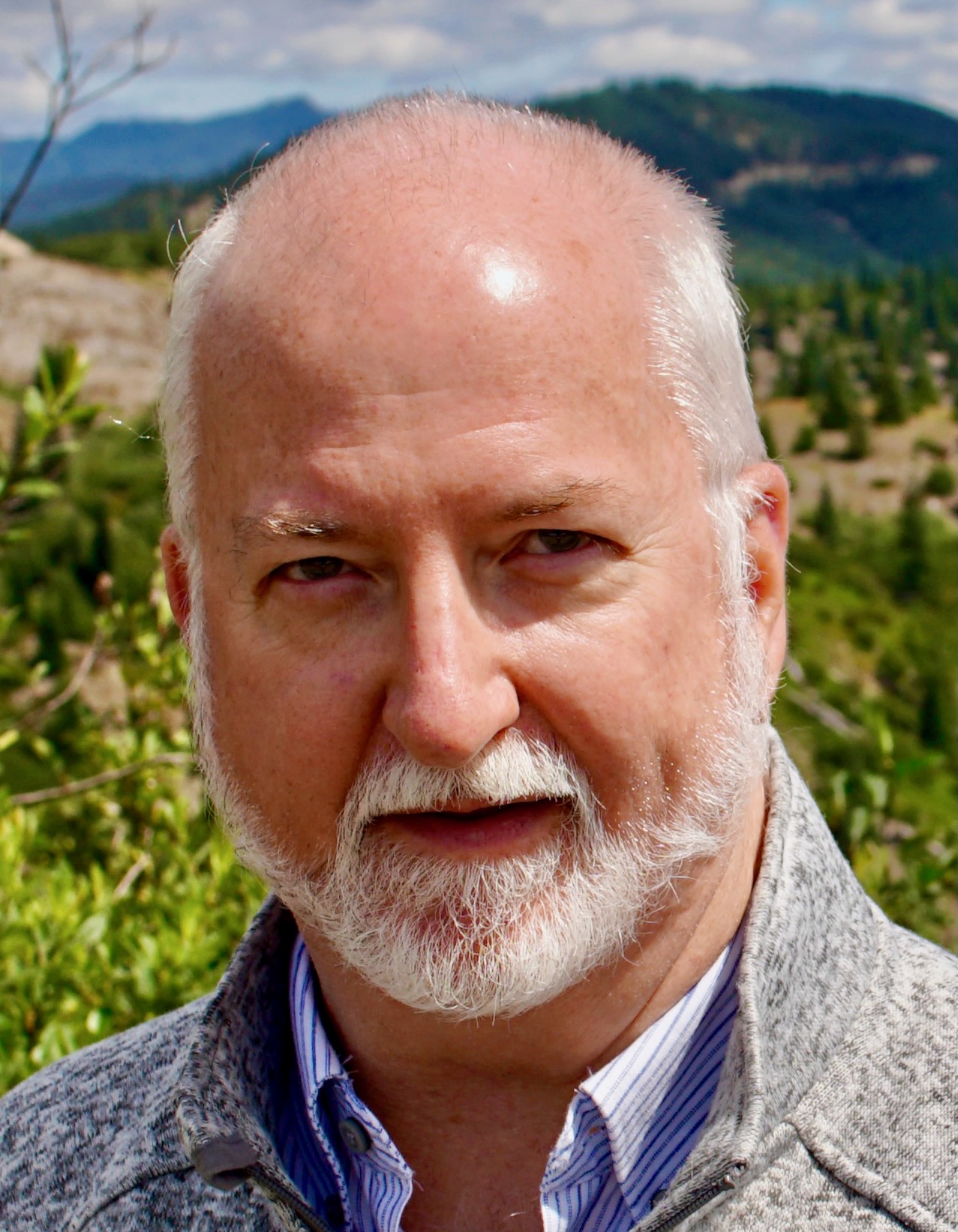
Eric Rasmussen, MD, MDM, FACP
Affiliate Associate Professor, Health Systems and Population Health
CEO, Infinitum Humanitarian Systems
Research Professor, San Diego State University
Loomis Council, The Stimson Center
Research Interests
Clinical and public health informatics; disaster medicine; outbreak detection and disease surveillance; “immune system for the planet” out of the Stimson Center in DC; neutrophilic granulocyte biomimicry; nano electro-chemistry; water purification; desalination; climate adaptation strategies on remote Pacific atolls, in Sub-Antarctic Chile, and within the Science and Technology Trust in San Juan, Puerto Rico (US Office of Naval Research); Indigenous Mayan health issues in the Yucatan Biosphere Reserve; water purification in zones of active conflict (Ukraine).
Bio
Eric Rasmussen, MD, MDM, FACP is the CEO of Infinitum Humanitarian Systems in Seattle, Washington. He is an internal medicine physician with both undergraduate and medical degrees from Stanford University and a European Master’s degree in disaster medicine from the UN World Health Organization’s affiliate CEMEC (Centre European pour la Médecins des Catastrophes) in Italy. He was elected a Fellow of the American College of Physicians in 1997 and a National Fellow of the Explorers Club in 2014.
He served in the US Navy for 25 years aboard nuclear submarines, amphibious ships, and aircraft carriers, with positions that included:
- Joint Task Force Surgeon (Forward) for the Hurricane Katrina response in New Orleans
- Team Lead for the Banda Aceh Tsunami Response for the Office of the Secretary of Defense
- Fleet Surgeon for the US Navy’s Third Fleet, responsible for the eastern Pacific
- Director of an Intensive Care Unit, and
- Chairman of an academic Department of Medicine in Seattle
His wartime deployments include Bosnia three times, Afghanistan twice, and Iraq in 2003.
While in uniform, Dr. Rasmussen was appointed a Principal Investigator by DARPA, the Defense Advanced Research Projects Agency. His work led to his selection as DARPA’s Principal Investigator of the Year in 2003.
After retiring from the Navy he was appointed the Founding CEO of the TED Prize awarded to Dr. Larry Brilliant, then Executive Director of Google.org.
In addition to his current work in the Marshall Islands, Ukraine, Yemen, and the Yucatan rainforest, Rasmussen also leads the Global Disaster Response Team for the Roddenberry Foundation, supported by the Star Trek franchise. That team has deployed to Supertyphoon Haiyan in the Philippines, the Nepal earthquake, Hurricane Mathew in Haiti, three times to Puerto Rico after Hurricane Maria, and to Ukraine in 2022.
He also served as an early investor and the founding Chief Medical Officer for Briotech, a Seattle biotech startup, co-authoring both the “Handbook of HOCl” and the UN’s WHO Essential Medicines List application for hypochlorous acid. During the SARS-CoV-2 pandemic, he coordinated the successful independent laboratory testing of Briotech’s HOCl against SARS-CoV-2 and other pathogens for the US EPA and FDA. Briotech was acquired by a private multinational in early 2023. Rasmussen and his business partner Alex Hatoum established their private foundation, Applied Hope, later that year.
Rasmussen is currently the research director for the Kwajalein Atoll Sustainability Laboratory in the Marshall Islands, and a Member of the Loomis Council at the Stimson Center in DC. He is a former Fellow at the Atlantic Council, the Institute for Human-Machine Cognition, and the Rocky Mountain Institute. In 2012 he was appointed a member of the US National Academy of Science’s Committee on Grand Challenges in Global Development.
More: https://en.wikipedia.org/wiki/Eric_Rasmussen_(physician).
Education
MDM Disaster Medicine, World Health Organization, 2003
MD Medicine (MD), Stanford University, 1990
BA Medical Sciences, Philosophy, Stanford University, 1987